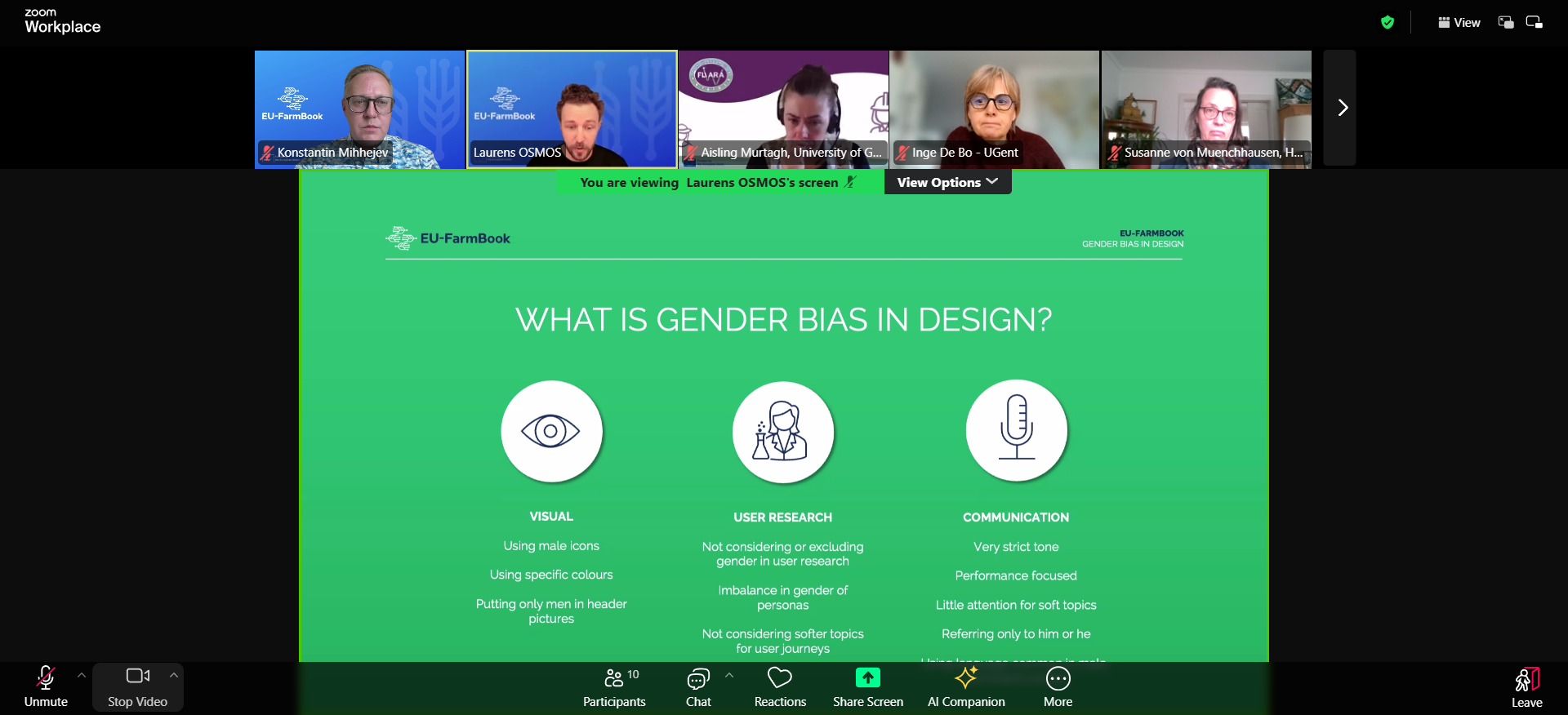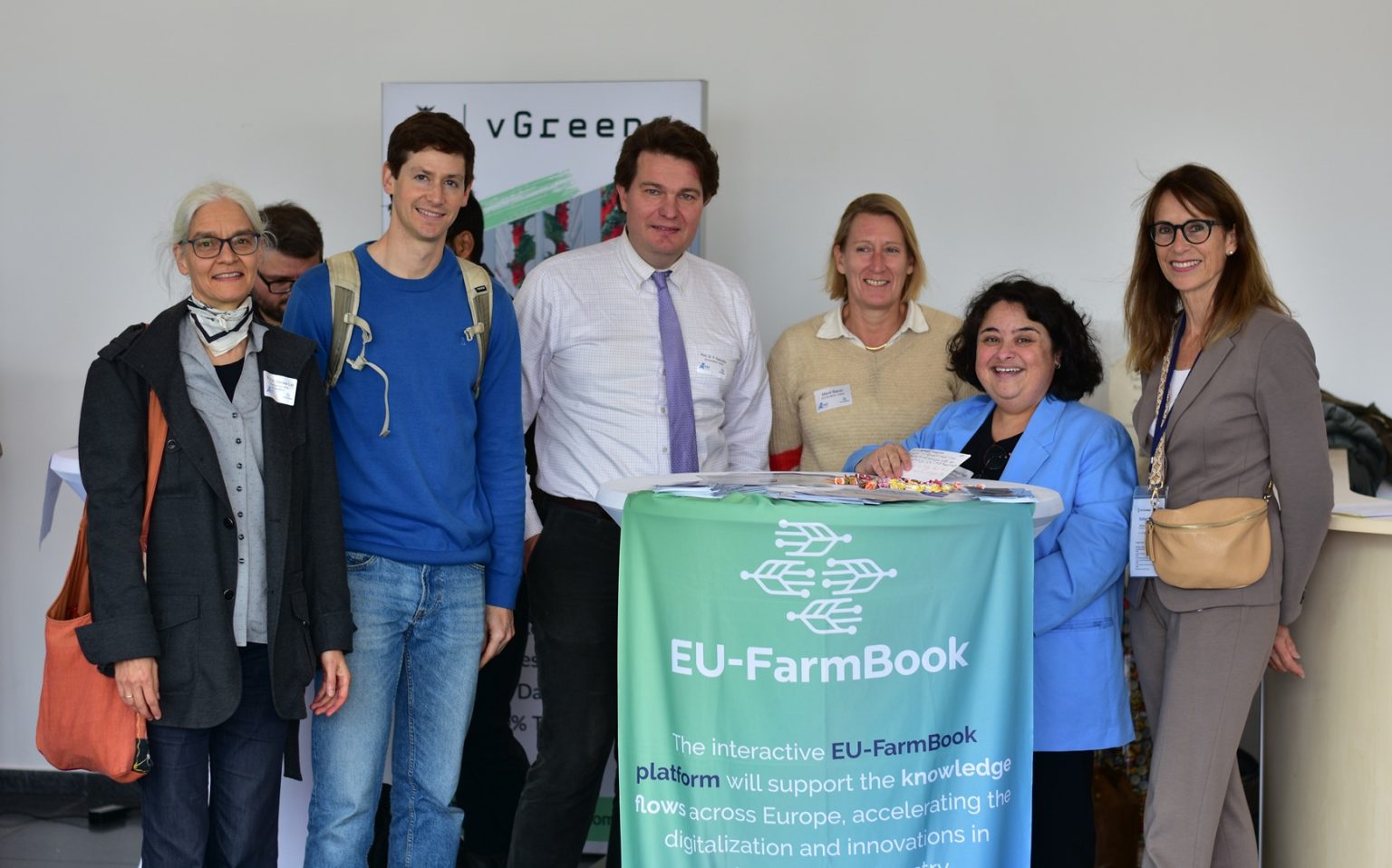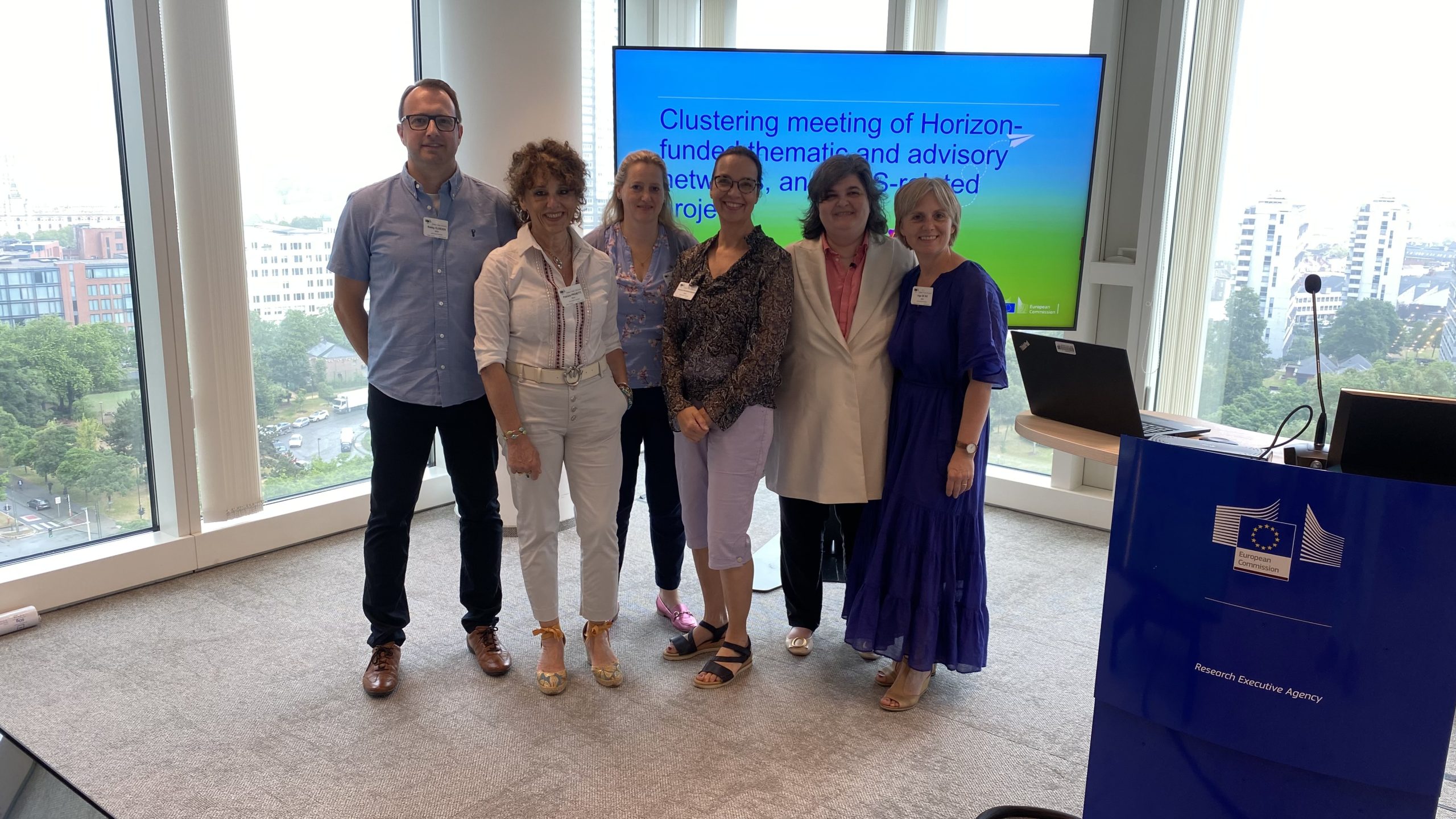“She Shares” Session Explores Gender Inclusivity in EU-FarmBook
In March, the EU-FarmBook members invited women from Horizon Europe projects to discuss how to improve the inclusiveness ans userfreindlinesss of the European Platform for agriculture and forestry.
EU-FarmBook members Konstantin Mihhejev from the Centre of Estonian Rural Research and Knowledge (METK) and Laurens van der Cruyssen from Osmos invited women involved in Horizon Europe projects to an online session called “She shares”. The aim was to discuss how to make the EU-FarmBook knowledge reservoir more inclusive and user-friendly. The session focused on identifying potential biases in the platform’s design and content, ensuring it effectively serves everyone’s needs.
Bringing Women’s Voices to the Table
The ten participating women did not hold back in discussing the importance of inclusive design. One attendee pointed out a key issue in digital platforms:
“When I use IT tools, I often realize they don’t work for me as they were expected to. Is that because they were mostly developed by men? Do women intuitively navigate platforms differently?”
This statement sparked a broader discussion on whether online systems should track user interactions to identify possible gender-based differences in platform navigation.
Others highlighted the need for more direct engagement:
“We don’t have time to dig for relevant information. We’re balancing farm work, businesses, and families. The platform needs to be intuitive—click, click, and you’re where you need to be.”
Challenging Gender Norms in Design
One of the most debated topics was the role of colors, visuals, and representation. Some argued that the default colors and icons used in EU-FarmBook reinforced traditional gender associations:
“Blue is associated with boys, pink with girls—it’s a cultural norm. But why not challenge that? Let’s move beyond colors and create a truly gender-neutral space.”
Another participant shared an inspiring example from another project:
“FLIARA used a berry-inspired color, drawn from nature, with a story behind it. Maybe EU-FarmBook can take a similar approach—choosing colors that symbolize growth and sustainability rather than reinforcing old stereotypes.”
Beyond color, representation in content was a major point of discussion.
“Women in agriculture aren’t just farmers. We’re entrepreneurs, policymakers, researchers. The platform should showcase women in all these roles—not just as supporting figures in the background.”
The Chatbot Debate: A Tool for Everyone?
EU-FarmBook’s AI-powered chatbot also came under scrutiny. While intended as an intuitive search assistant, participants questioned its potential biases.
“Why does the chatbot have to be human at all? What if it were an animal, like a bee—something neutral that doesn’t immediately suggest gender?”
Others raised concerns about whether the chatbot’s responses might vary depending on whether the user was identified as male or female.
“Before we assume there’s a gender bias, we should test it. If you ask the chatbot the same question but switch ‘women’ for ‘men,’ does the response change? If so, that’s a problem.”
Looking Ahead: A More Inclusive Future
Despite the challenges, participants were optimistic about the future of EU-FarmBook and its potential to be a truly inclusive space for knowledge-sharing.
“This event shows that gender inclusion isn’t just an afterthought—it needs to be part of every stage of development.”
Others emphasized that inclusivity isn’t just about women—it’s about making the platform better for everyone.
“The best way to ensure women are included is to strive for gender neutrality, not just gender-specific solutions. A well-designed platform should serve all users equally.”
The feedback from She Shares will play a crucial role in shaping EU-FarmBook’s evolution. As the discussion wrapped up, one participant summed it up perfectly:
“This is another brick in the wall for gender equality in agriculture. The fact that we’re having this conversation is a win in itself.”
With such passionate voices leading the way, the future of agricultural knowledge-sharing looks more inclusive than ever.
The session provided valuable insights for the EU-FarmBook team, van der Cruyssen, said “The main idea behind that has been, first of all, to be able to take the female perspective and communicate that to the people who are building it.” The team plans to use the feedback to improve the platform’s design, content, and overall user experience, ensuring it effectively serves the needs of all users, regardless of gender.




